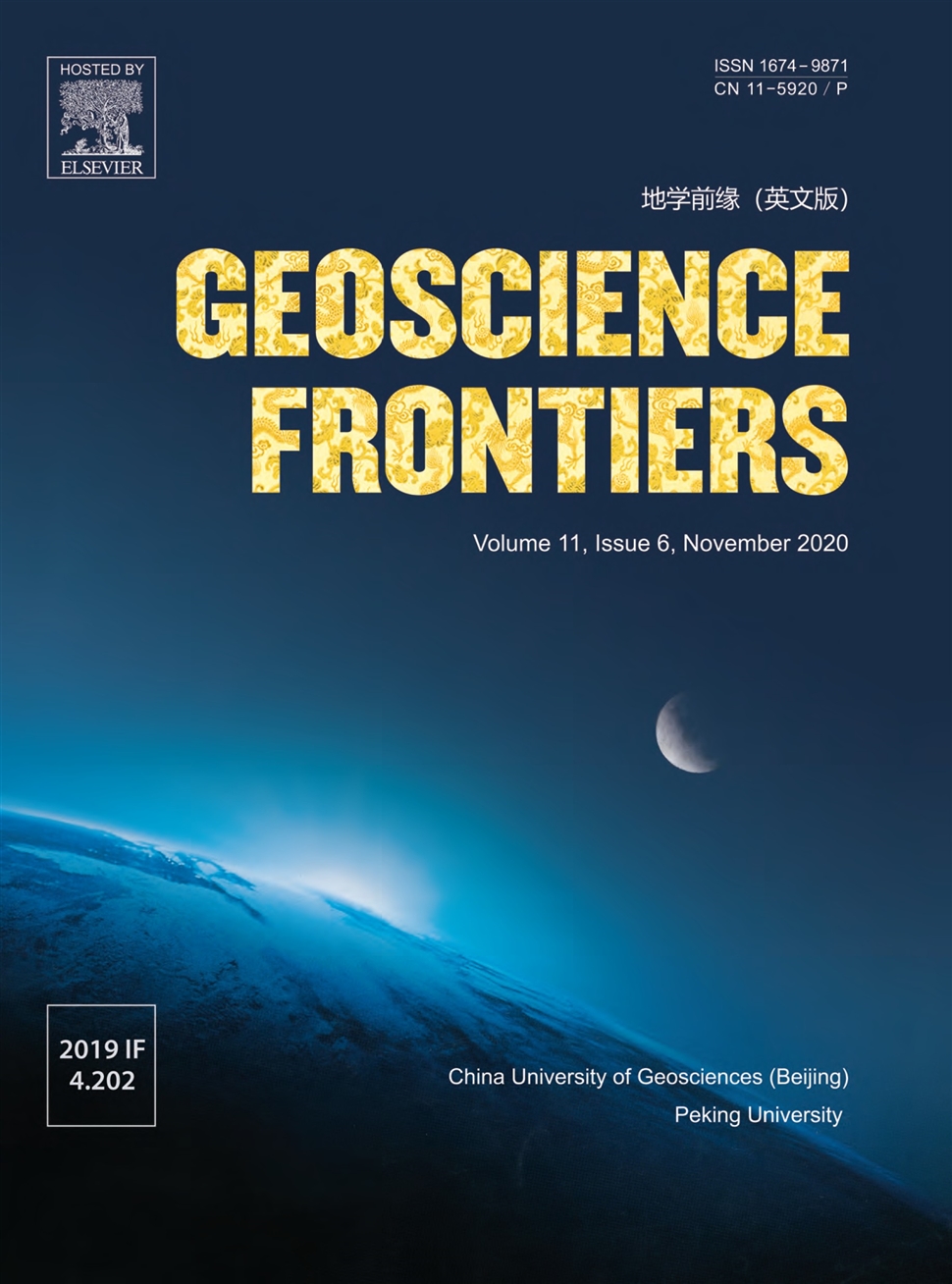Intelligent modelling of clay compressibility using hybrid meta-heuristic and machine learning algorithms
作者:Pin Zhang,Zhen-Yu Yin,Yin-Fu Jin,Tommy HTChan,Fu-Ping Gao
摘要:Compression index Ccis an essential parameter in geotechnical design for which the effectiveness of correlation is still a challenge.This paper suggests a novel modelling approach using machine learning(ML)technique.The performance of five commonly used machine learning(ML)algorithms,i.e.back-propagation neural network(BPNN),extreme learning machine(ELM),support vector machine(SVM),random forest(RF)and evolutionary polynomial regression(EPR)in predicting Cc is comprehensively investigated.A database with a total number of 311 datasets including three input variables,i.e.initial void ratio e0,liquid limit water content wL,plasticity index Ip,and one output variable Cc is first established.Genetic algorithm(GA)is used to optimize the hyper-parameters in five ML algorithms,and the average prediction error for the 10-fold cross-validation(CV)sets is set as thefitness function in the GA for enhancing the robustness of ML models.The results indicate that ML models outperform empirical prediction formulations with lower prediction error.RF yields the lowest error followed by BPNN,ELM,EPR and SVM.If the ranges of input variables in the database are large enough,BPNN and RF models are recommended to predict Cc.Furthermore,if the distribution of input variables is continuous,RF model is the best one.Otherwise,EPR model is recommended if the ranges of input variables are small.The predicted correlations between input and output variables using five ML models show great agreement with the physical explanation.
发文机构:Department of Civil and Environmental Engineering School of Civil Engineering&Built Environment Key Laboratory for Mechanics in Fluid Solid Coupling Systems China School of Engineering Science
关键词:COMPRESSIBILITYClaysMachinelearningOptimizationRandomforestGeneticalgorithm
分类号: TP1[自动化与计算机技术—控制理论与控制工程]
- Evolution of Mount Cameroon volcanism: Geochemistry, mineral chemistry and radiogenic isotopes(Pb, Sr, Nd)
- A large epeiric methanogenic Bambuí sea in the core of Gondwana supercontinent?
- Adakite-like granitoids of Songkultau:A relic of juvenile Cambrian arc in Kyrgyz Tien Shan
- Subaerial hot springs and near-surface hydrothermal mineral systems past and present,and possible extraterrestrial analogues
- East African topography and volcanism explained by a single,migrating plume
- Late Mesozoic topographic evolution of western Transbaikalia:Evidence for rapid geodynamic changes from the Mongol-Okhotsk collision to widespread rifting
- Water in coesite: Incorporation mechanism and operation condition,solubility and P-T dependence, and contribution to water transport and coesite preservation
- Constructing the latest Neoproterozoic to Early Paleozoic multiple crust-mantle interactions in western Bainaimiao arc terrane,southeastern Central Asian Orogenic Belt
- Characteristics of carbonatites from the northern part of the Korean Peninsula: A perspective from distribution, geology and geochemistry
- Recognition of two contrasting structural-and mineralogical-gold mineral systems in the Youjiang basin,China-Vietnam:Orogenic gold in the south and Carlin-type in the north


